Back
Do You Really Need to Remove Wisdom Teeth?Sep 17
Sep 17
Do you really need to remove wisdom teeth? It’s one of the most common dental questions.
Wisdom teeth, or third molars, typically erupt between ages 17 and 25. For some, they grow in without problems. For others, they cause pain, crowding, or infections. In this article, we’ll explain when wisdom teeth must be removed, when they can stay, and how the BrushO Smart Electric Toothbrush—with multiple modes, premium brush heads, and real-time pressure monitoring—helps you keep your oral hygiene on track even around these hard-to-reach teeth.
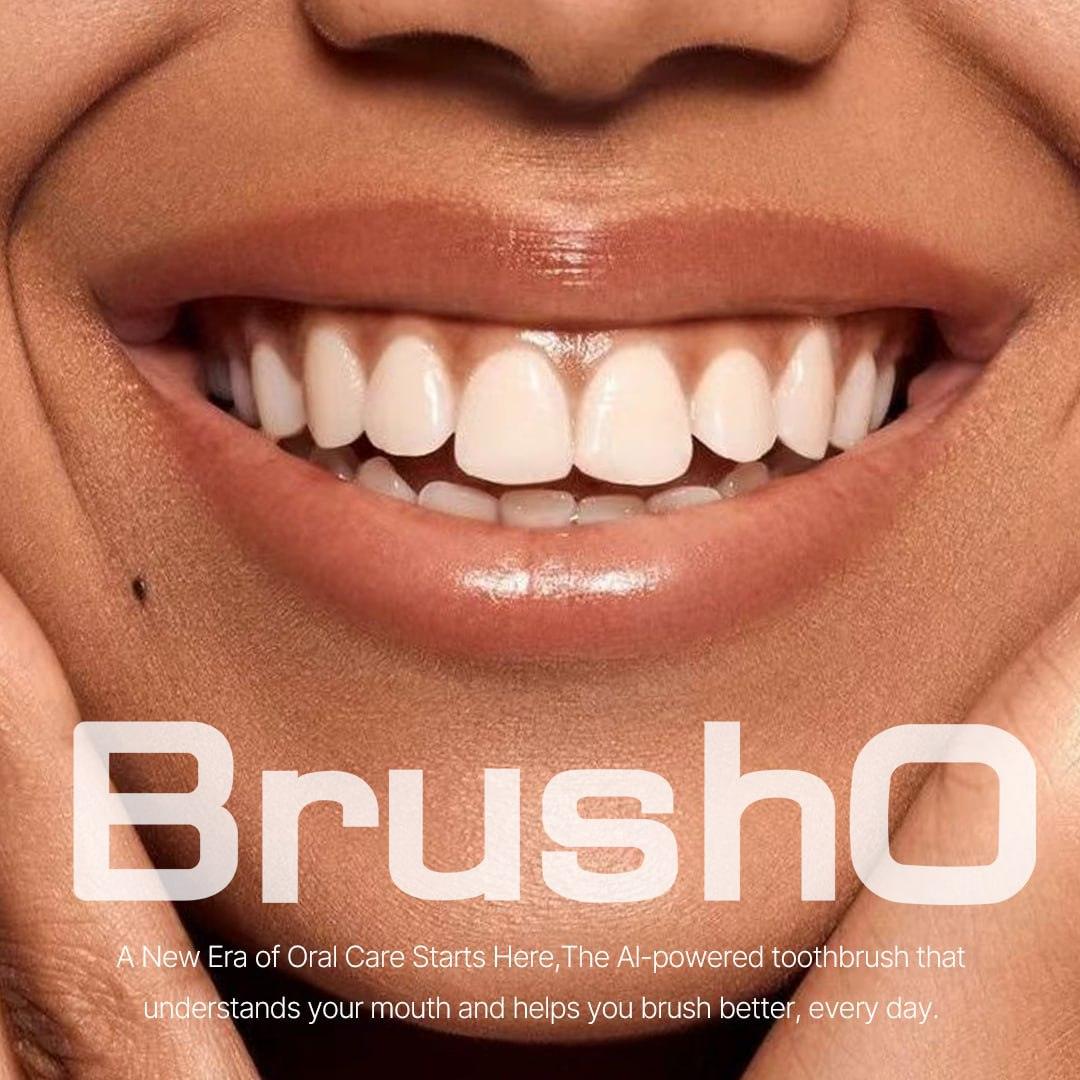
What Are Wisdom Teeth? 🦷
Wisdom teeth are the third set of molars at the very back of your mouth. They were useful for our ancestors who ate coarse, fibrous diets, but in modern times, smaller jaws often mean there’s less room for them.
When Wisdom Teeth Need to Be Removed ❌
Dentists usually recommend extraction in these cases:
- Impacted teeth: Partially erupted or growing sideways.
- Overcrowding: No space, causing misalignment.
- Pain or swelling: Due to trapped food or infections.
- Decay or gum disease: Hard-to-clean positions raise risk.
- Cysts or bone damage: Though rare, they can harm nearby structures.
👉 In these scenarios, keeping wisdom teeth could cause serious oral health issues.
When You Can Keep Wisdom Teeth ✅
If your wisdom teeth are:
- Fully erupted
- Aligned properly
- Easy to clean
- Pain-free and infection-free...
Then removal may not be necessary. However, consistent dental checkups and effective brushing are essential for maintaining their health.
The Challenge: Cleaning Wisdom Teeth 🪥
Even if wisdom teeth don’t cause immediate problems, they’re notoriously hard to brush. Their position makes them prone to:
- Plaque accumulation
- Gum irritation
- Cavities
- Persistent bad breath
This is why dentists recommend better brushing tools to manage wisdom teeth hygiene.
How BrushO Helps Around Wisdom Teeth ✨
The BrushO Smart Electric Toothbrush is designed with features that directly address these challenges:
- Multiple Cleaning Modes 🎛️
Eight preset modes, including Gum Care for sensitive gums and Deep Clean for harder-to-reach areas—perfect for the back molars.
- Premium Brush Heads 🪥
High-quality bristles engineered to clean effectively without damaging enamel or gums. Each box comes with 4 replaceable heads, ensuring fresh brushes every 3 months.
- Real-Time Pressure Monitoring ⚡
Built-in pressure sensors and AI monitoring prevent you from pressing too hard, protecting gums that may already be tender from erupting wisdom teeth.
👉 These features mean BrushO doesn’t just clean, it helps you care for wisdom teeth more safely and effectively.
FAQ: Wisdom Teeth
Q1: Do all wisdom teeth need to be removed?
No. Only if they’re impacted, painful, or causing dental issues.
Q2: How do I know if my wisdom teeth are healthy?
A dentist can check alignment and confirm whether they’re easy to clean.
Q3: Can brushing help avoid wisdom teeth removal?
Good hygiene helps, especially with a smart toothbrush like BrushO, but some structural issues may still require removal.
Q4: How does BrushO make a difference?
Its multi-mode cleaning, premium brush heads, and pressure sensor specifically help with the unique challenges of cleaning wisdom teeth.
So, do you really need to remove wisdom teeth? The answer depends on your situation. If they’re healthy, aligned, and easy to clean, you may keep them. But if they cause pain, infections, or crowding, removal is often the safer choice. Regardless, the key is proper oral care, and with BrushO’s multiple cleaning modes, premium brush heads, and real-time pressure monitoring, you can keep your wisdom teeth cleaner and healthier for longer.
Recent Posts

How to Disinfect Your Toothbrush
Keep your mouth clean by making sure your toothbrush is, too.

Why BrushO Offers Free Brush Heads
BrushO doesn’t just promise free brush heads for life — it rewards you for doing what’s best for your health: brushing daily.
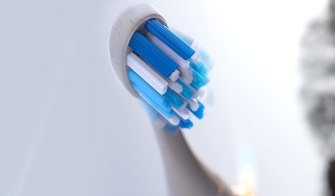
How to Reduce Dental Anxiety and Make Brushing Easier
Dental anxiety isn’t just about visiting the dentist—it can affect your daily oral hygiene, especially brushing. If brushing your teeth feels stressful, overwhelming, or even scary (especially for kids or those with sensory sensitivity), you’re not alone.
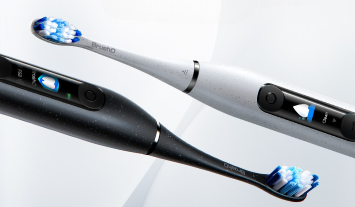
How to Master Smart Brushing with AI‑Powered Toothbrushes
Smart toothbrushes are transforming the way we care for our teeth.

How to Maximize Your Toothbrush Battery Life
Wondering why your electric toothbrush battery drains so quickly? Or how to make sure your AI-powered brush like BrushO performs at its best for years?
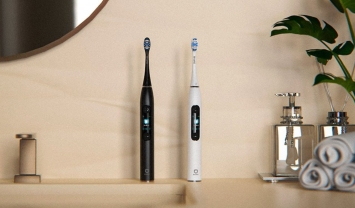
Are You Overpaying for a Toothbrush?
If your toothbrush costs a small fortune but doesn’t make your teeth feel cleaner, you might be paying more than you should. Here’s how to tell if you’re getting true value — and how to choose smarter.
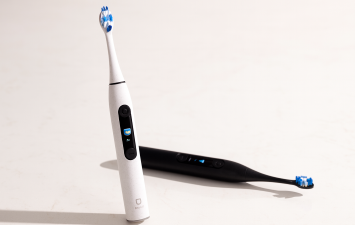
How to Switch from Manual to Electric Brush
Thinking of switching from a manual to an electric toothbrush?
Does Brushing Longer Mean Cleaner Teeth?
Many people believe that brushing longer automatically means a cleaner mouth—but is that true?
How to Brush Smarter, Not Harder
Brushing your teeth harder doesn’t mean brushing them better. In fact, it might be harming your gums and enamel.
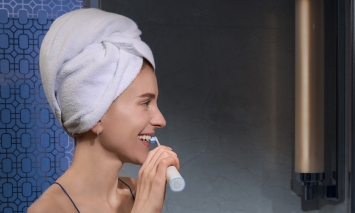
How to Make Your Diet Protect Your Teeth
Maintaining a bright, healthy smile isn’t just about brushing and flossing — your diet plays a huge role in oral health. The foods and drinks you consume every day can either help protect your teeth or contribute to decay and gum disease.
